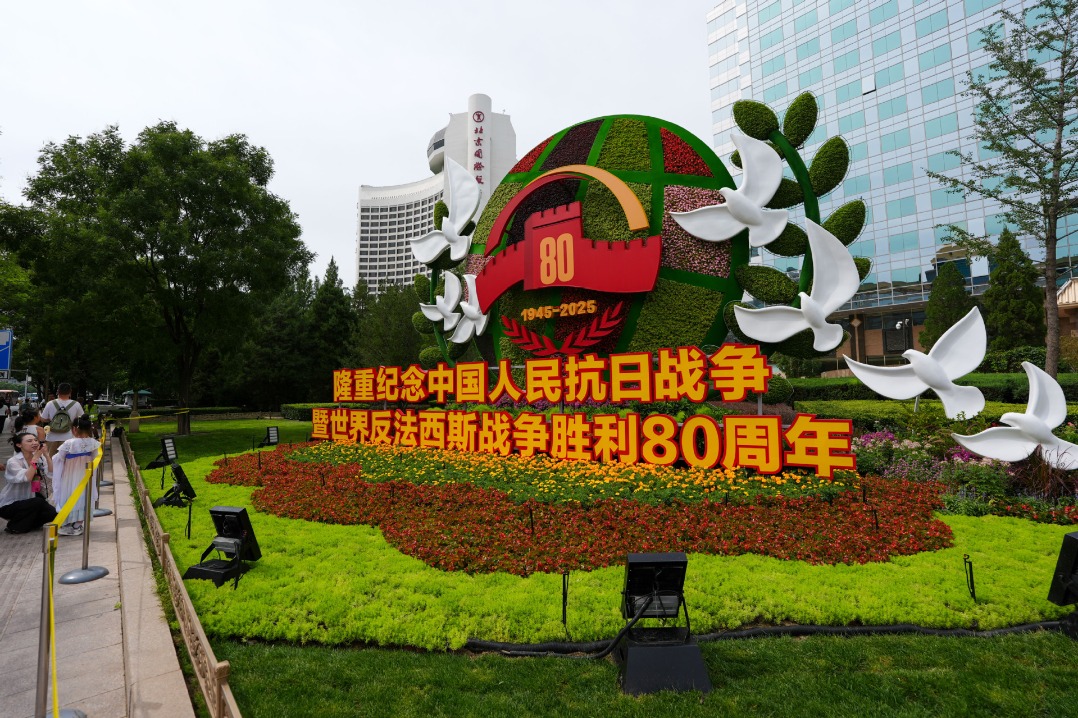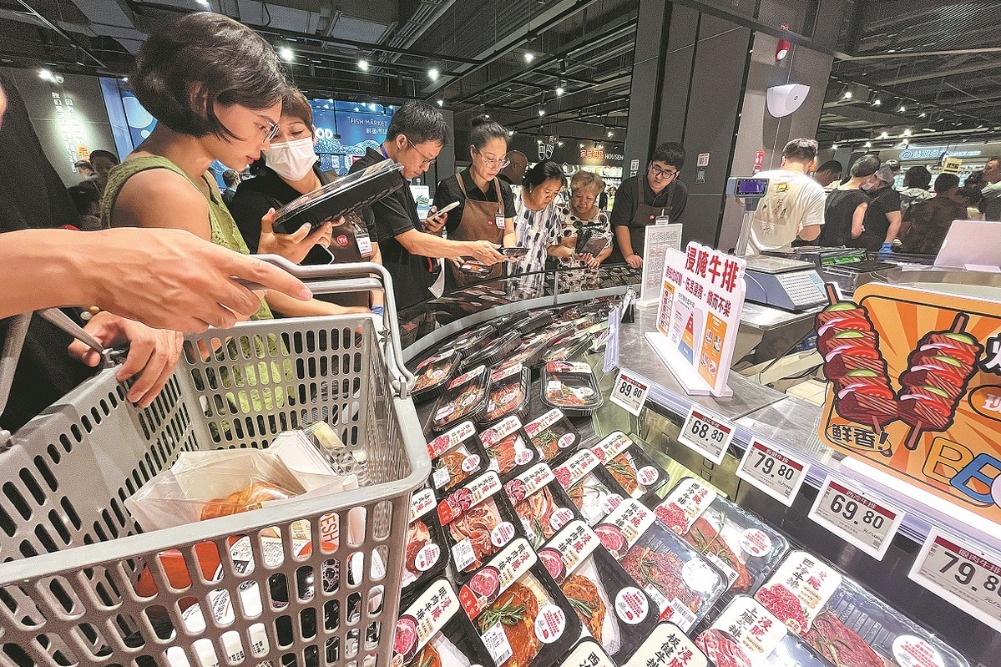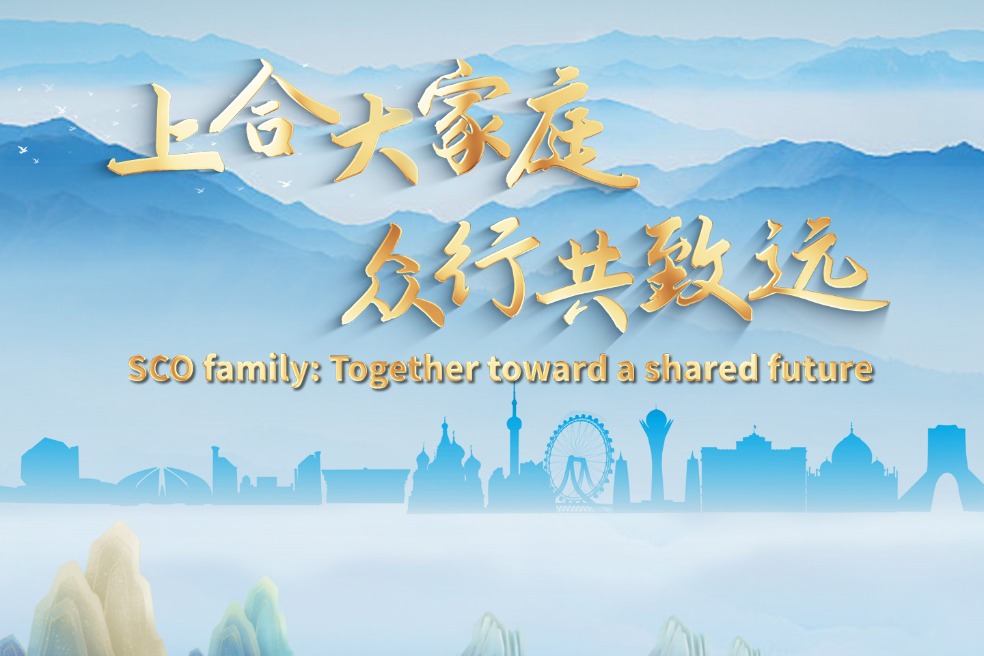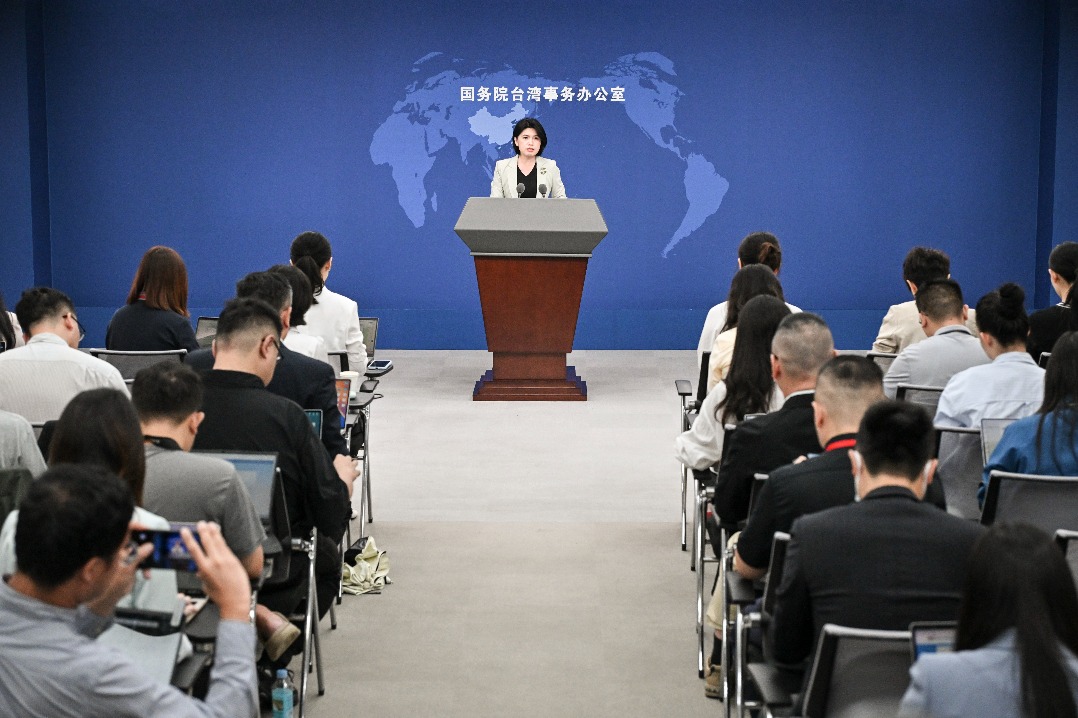Fast fashion brands find the going tough in China

Recent reports that leading apparel retailer Gap Inc is weighing options, including a potential sale of its business in the Chinese mainland, indicate how the fierce competition among fast-fashion brands is pushing them to further expand their physical presence and enhance digital-powered retail ecosystems.
The San Francisco-based clothing retailer is working with an adviser to study various options and has reached out to prospective suitors to gauge interest for the business, said sources, according to Bloomberg.
The firm, which owns Banana Republic and its namesake Gap brands, entered the Chinese mainland in 2010 and has faced mounting pressure from competitors like Japanese clothing group Fast Retailing Co Ltd, which owns Uniqlo, and Spanish fast-fashion brands such as Zara from Inditex SA.
In January, Inditex decided to close the physical stores of its three brands Bershka, Pull&Bear and Stradivarius in China due to their limited visibility with local consumers, according to Tang Xiaotang, a clothing analyst and founder of No Fashion Agency, a consultancy firm.
It was a similar reason that prompted Gap to pull its Old Navy brand from China last year, he said.
Apart from brick-and-mortar stores, Gap products are also available on Alibaba Group's Tmall online shopping platform.
"Gap has been lagging behind in its digital operations in China, as well as in terms of physical stores," he said.
Tang said oversupply in the apparel sector, fierce competition and declining demand from consumers are prompting many global clothing giants to retreat from the Chinese mainland market.
"Leading apparel retailers should work harder on digital marketing and penetration through social media, while continuing to open new stores that are closer to consumers, offering a more convenient omnichannel retail experience," said the analyst.
"Brand awareness and making a strong impression with consumers is vital for e-commerce performance."
Gap last week posted fourth-quarter sales that missed estimates as the COVID-19 pandemic effect continued to hurt its performance. It said it is starting a strategic review of options for its business in Europe, including possible closure of company-operated stores in the United Kingdom, France, Ireland and Italy in the second quarter.
The United States remains the biggest market for the clothing retailer, while revenue from Asia continues to shrink and accounted for about 5 percent of the total, data compiled by Bloomberg showed.
Inditex group, which owns Zara, has generated net sales of 20.4 billion euros ($24.3 billion) from January 2020 to January 2021, down 28 percent on a yearly basis. Its online sales grew by 77 percent to more than 6.6 billion euros. Online sales benefited from the group's over 11 billion euros investment in technological integration, digitalization, transformation and store adaptation since 2012.
"Inditex as a company is stronger today than it was two years ago, with a unique business model and a global, flexible, digitally integrated and efficient sales platform, which places us in an excellent position for the future," said Pablo Isla, executive chairman.
The group will keep its flagship store open to build strong branding awareness, he said.
Last year, at Wangfujing, a key shopping area in Beijing, the group opened a Zara store covering over 3,500 square meters, which is the biggest in Asia.
Fashion giants are expected to intensify their store layout in first- and second-tier cities, reach out to more consumers in even lower-tier cities through investment in social media and other digital platforms, said Tang.
Fast Retailing Group said profits rose at its Uniqlo International section during the first quarter, on the back of a significant increase in profit at Uniqlo China. The strong focus on improving product value and strengthening the brand contributed to the improvement.
"Closely following Asian fashion trends and focusing on technology-powered products have played a key role in enhancing profits in the Chinese market," Tang from Uniqlo said. "The capacity to control the number of products also helped in supply chain responses and reducing inventories."
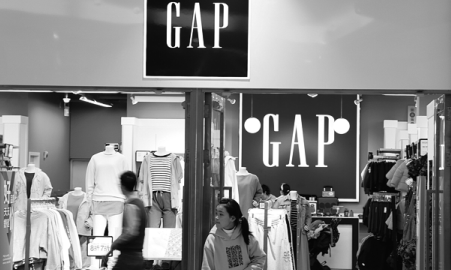
Today's Top News
- 26 foreign leaders to attend China's V-Day commemorations
- Artificial intelligence can power Xizang's leap into a better future
- Export of trade in services a priority
- SCO helping develop a multipolar world order
- Tajikistan looks to China for deeper ties
- High-tech manufacturing lifts industrial profits
















